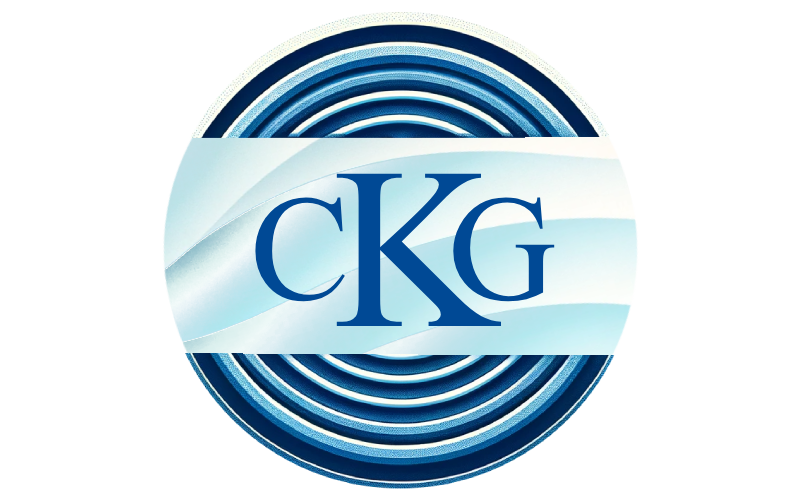The integration of learning and play has emerged as a powerful educational approach, recognized for its effectiveness in enhancing cognitive development, creativity, and problem-solving skills across all age groups. Educational toys, specifically designed to stimulate learning through engagement and enjoyment, play a pivotal role in this approach. From toddlers to teens, these toys offer opportunities to explore concepts in mathematics, science, language, and critical thinking in an interactive and entertaining manner. This exploration delves into a variety of educational toys that make learning an enjoyable experience for children and adults alike.
For Toddlers and Preschoolers: Foundations of Learning
In the early years, educational toys focus on developing fundamental skills such as fine motor abilities, recognition of shapes and colors, and basic numeracy and literacy. Toys like building blocks and shape sorters encourage spatial awareness and problem-solving. Interactive books and talking toys enrich vocabulary and language skills, while simple board games introduce concepts of rules, turn-taking, and social interaction.
Elementary Age: Expanding Horizons
As children enter school age, educational toys become more complex, catering to their growing curiosity and capacity for more sophisticated problem-solving. Science kits allow children to conduct experiments, fostering a hands-on understanding of scientific principles. Coding toys and robotics kits introduce basic programming concepts, promoting logical thinking and creativity. Puzzle and strategy games enhance critical thinking and planning skills, crucial for academic success.
Tweens and Teens: Advanced Exploration
For older children and teenagers, educational toys often focus on advanced concepts in STEM (Science, Technology, Engineering, and Mathematics), as well as art and design. Advanced robotics kits, circuit-building sets, and computer-based learning platforms offer in-depth exploration of technology and engineering. Art and music-related toys encourage creative expression and exploration of cultural concepts. Additionally, sophisticated puzzle games and strategy-based board games continue to challenge critical thinking and strategic planning abilities.
For Adults: Lifelong Learning
The concept of educational toys extends into adulthood, emphasizing the importance of lifelong learning and mental agility. Brain-teaser puzzles, strategy board games, and language learning apps stimulate cognitive functions and can help in maintaining mental sharpness. DIY kits in electronics, model building, and crafts offer opportunities for skill development and creative expression, proving that learning through play is not confined to childhood.
Selecting the Right Educational Toys
Choosing the right educational toy involves considering the learner’s interests, age, and developmental stage. Toys should challenge the user just enough to be engaging without causing frustration. It’s also beneficial to select toys that encourage exploration and discovery, offering open-ended play that can adapt to the user’s growing skills and knowledge. Additionally, toys that promote social interaction can enhance communication skills and emotional intelligence.
Conclusion
Educational toys that make learning fun provide a bridge between structured education and playful exploration, catering to individuals across all age groups. By offering a hands-on, interactive approach to learning, these toys not only support academic skills but also foster curiosity, creativity, and a love of learning that can last a lifetime. As the landscape of education continues to evolve, the role of educational toys in facilitating learning through play remains invaluable, enriching the educational journey from childhood through adulthood.

